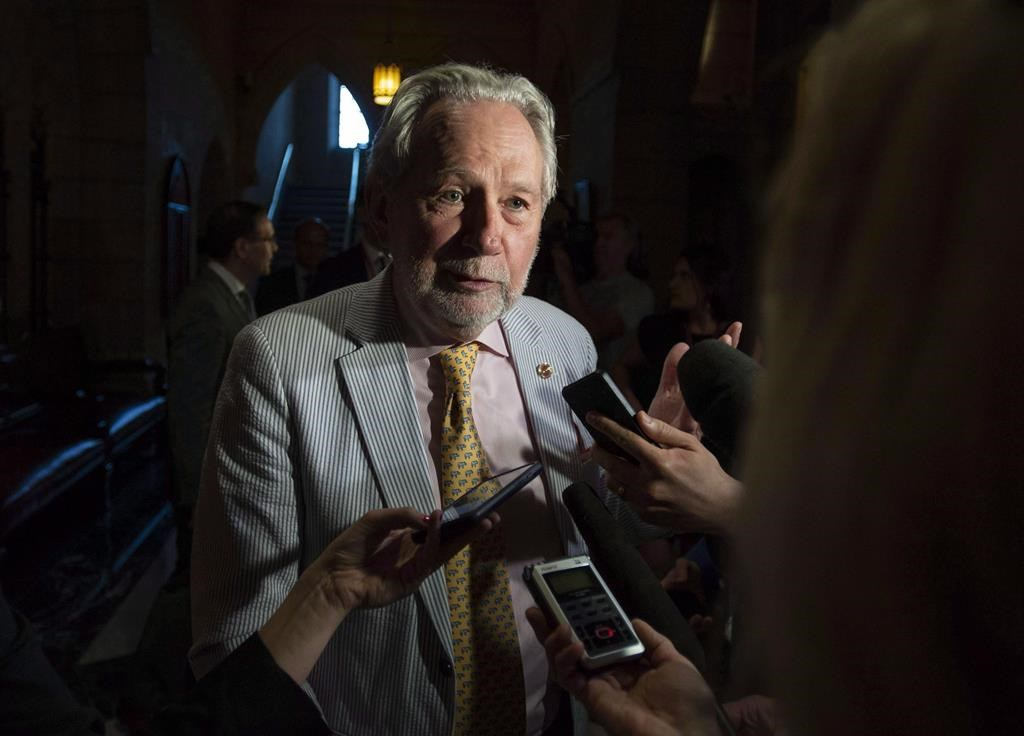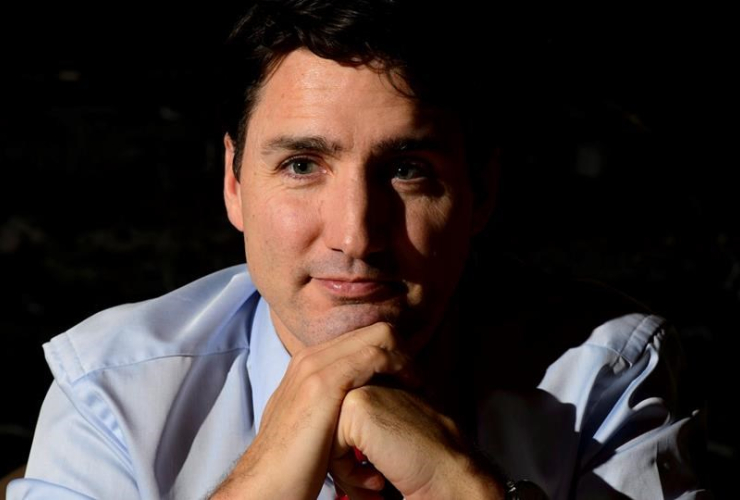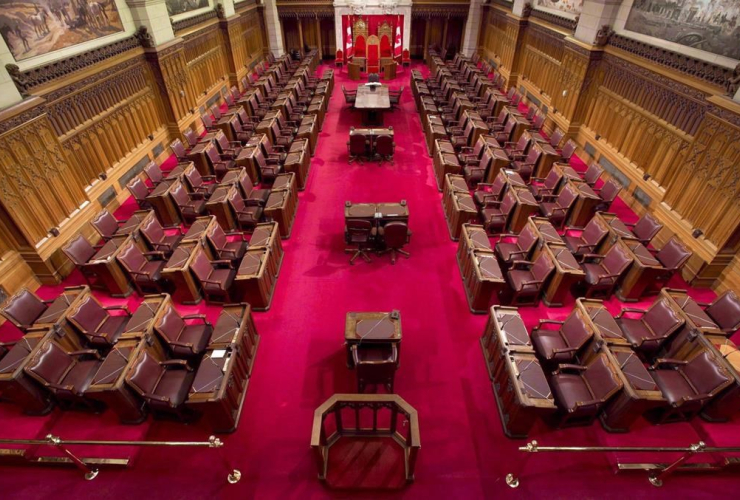The Trudeau government's changes aimed at making the upper chamber a more independent place have worked so well that they should be made permanent, the Liberals' representative in the Senate says.
Sen. Peter Harder is urging parties vying for power in the Oct. 21 election to promise to change the law so that future prime ministers would also use an independent, arm's-length appointment process to name new senators.
"I think Canadians would prefer a Senate that is less partisan, that seeks to improve legislation where appropriate, but doesn't view itself as a challenging chamber to the political legitimacy of the House of Commons," Harder said in an interview.
"We should encourage governments of the future to not only act in that spirit, but also to legislate and make some amendments to the Parliament of Canada Act that entrenches this less partisan, more independent Senate."
The call for a more permanent transformation came in a report that Harder released on Thursday, which looks back over how the changes have played out over the past several years and concludes, unsurprisingly, that they were for the better.
"The Senate is serving Canadians with a greater number of contributions to improve federal legislation and public policy, while staying faithful to its original constitutional role and thereby renewing public trust," said the report.
The report notes the House of Commons accepted at least some of the amendments the Senate put forward on 29 of the 88 bills the Liberal government managed to bring into law throughout its mandate.
Other recommendations in the report include bringing in independent oversight over expenses and making sure that independent senators and non-partisan parliamentary groups that form within the Senate get the same rights as those who sit in partisan caucuses.
Prime Minister Justin Trudeau brought in the process in 2016 and has since appointed 50 independent senators, who do not sit in any party caucus.
One major change to the process allows Canadians to actually apply, or nominate someone, for the job.
Conservatives argue the senators named under the new regime are independent in name only, as they tend to vote with the government.
"I am not knocking these senators when I say they are not independent," said Conservative Sen. Don Plett, the opposition whip, adding they were named by a Liberal prime minister on the advice of people he chose.
"But let's call a spade a spade."
Trudeau told The Canadian Press last year he would like to enshrine the independent appointments process in legislation before the election, but the Liberals did not end up introducing a bill before Parliament wrapped up for the summer.
The Conservatives have said they would like to return to the old system where partisan appointments are handled directly out of the Prime Minister's Office, and the NDP is sticking with its long-standing call to abolish the Senate.
Emmett Macfarlane, a political science professor at the University of Waterloo who helped the Liberal government design the new appointments process, said he is not sure the change could be made binding without a constitutional amendment.
Macfarlane said that if it becomes permanent, it will be because future prime ministers decide it is the better way to go.
"Or, because they face political pressure not to go back to the old system of patronage appointments," he said.
He said that if the new system sticks around for long enough, it could also evolve into a convention — a generally accepted practice that isn't codified in law.
"I think trying to put it into law might be unconstitutional," he said.





Comments